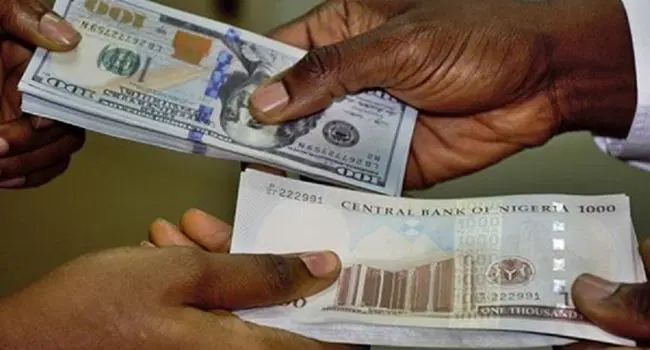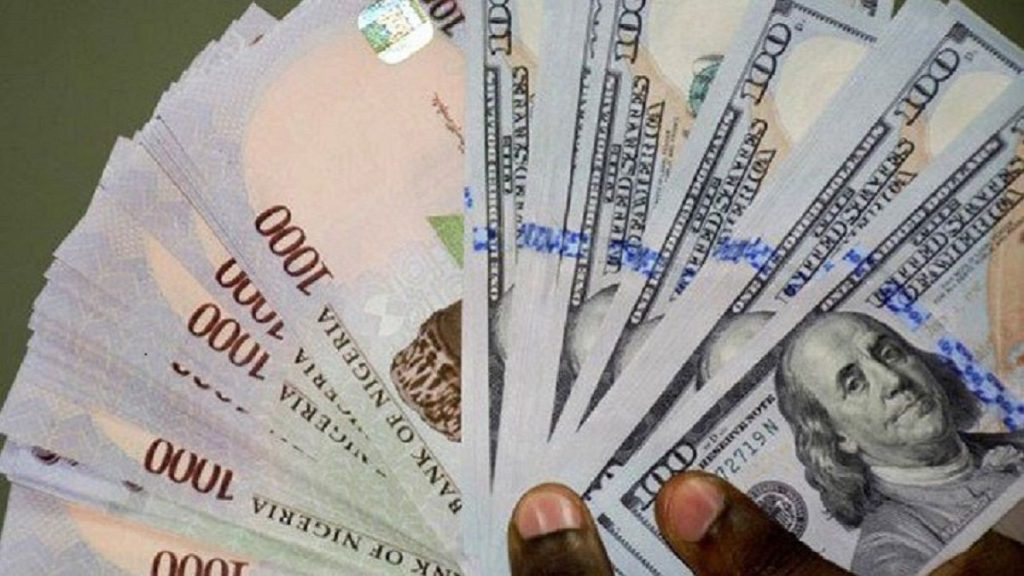The Central Bank of Nigeria (CBN) has announced its plan to implement a Retail Dutch Auction System (DAS) in an effort to address the increasing unmet foreign exchange (FX) demand from end users.
This strategic initiative, as reported by Nairametrics, is set to commence next Wednesday and aims to alleviate the mounting pressure in the FX market, thereby stabilizing the naira’s exchange rate. Currently, the naira, which closed at N1,617.08/$1 on Friday, is under significant demand pressure.
In a circular issued by the CBN, all authorized dealer banks have been instructed to submit a detailed and legitimate list of outstanding FX demands from their end users.

This list must include comprehensive information such as the customer’s name, address, contact details, Bank Verification Number (BVN), account number, Tax Identification Number (TIN), transaction type, Form A or Form M, and Letter of Credit (LC) Number.
READ ALSO:
Nico Williams Set to Announce Future Amid Barcelona and Athletic Club Anticipation
The directive mandates that this information be submitted via email to EMDEXDealers@cbn.gov.ng by Tuesday, August 6, 2024, using the provided template.
Furthermore, the CBN has stipulated that accounts of prospective customers must be naira-backed to qualify for participation in the auction, ensuring immediate settlement upon confirmation of bid acceptance by the CBN.
The Retail Dutch Auction System is designed to mitigate the demand for eligible transactions through authorized dealers, thus stabilizing the FX market and supporting the naira.

The Retail Dutch Auction System (DAS) involves the direct sale of foreign exchange by the CBN through banks to end users.
This system is based solely on the actual demand for forex by end users, meaning that authorized dealers will bid for forex based on the number of genuine requests they have received from their clients.
By implementing DAS, the CBN aims to ensure that the supply of forex is directly aligned with actual market demands, thereby promoting a more balanced and stable FX market.

